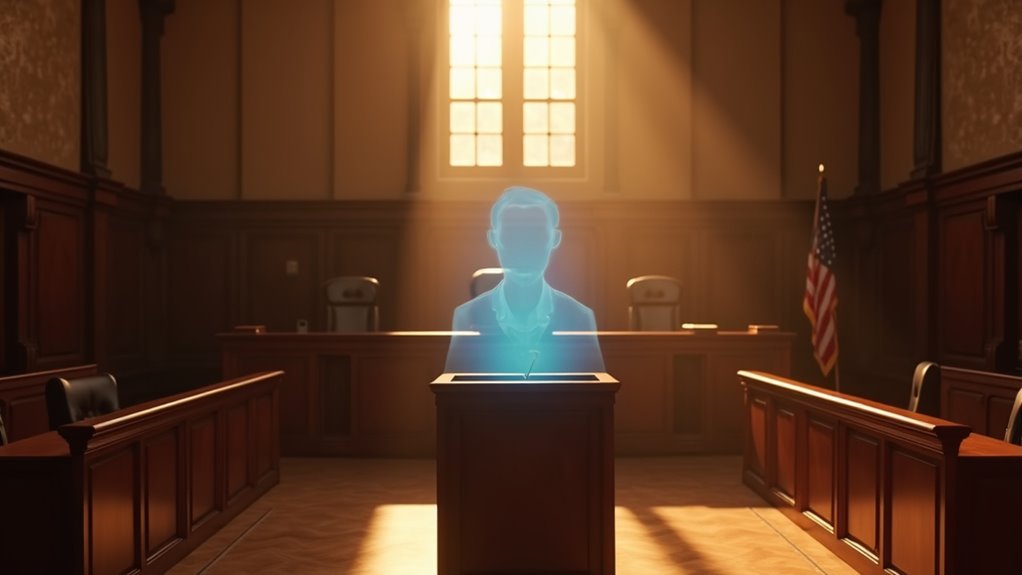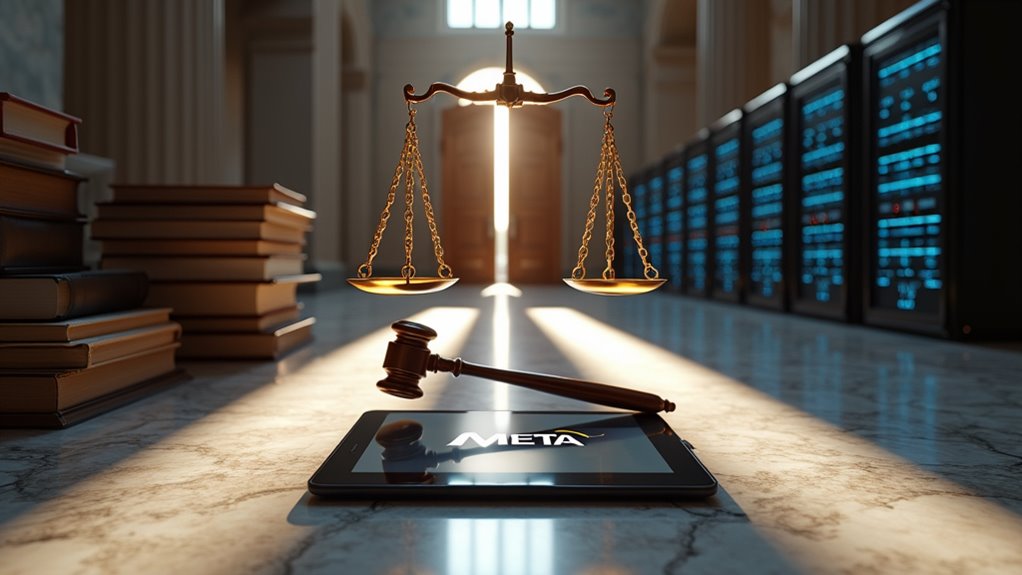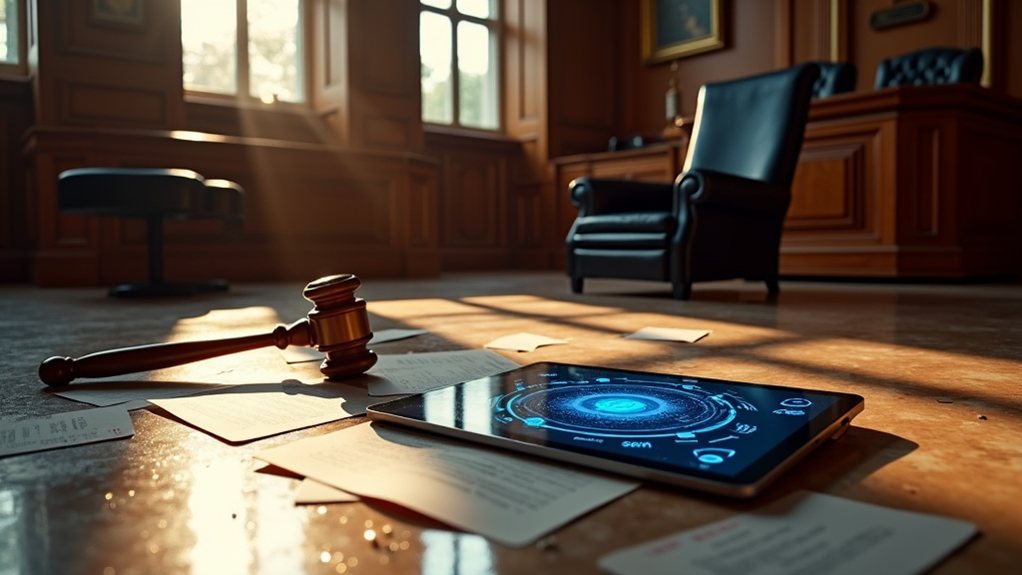In a first-of-its-kind moment, an AI-generated avatar of murder victim Christopher Pelkey delivered a four-minute forgiveness statement to his killer in an Arizona courtroom. Created from a single photo and YouTube audio, the digital “Frankenstein of love” told Gabriel Horcasitas, “I forgive you,” leaving the room in stunned silence. The unprecedented use of technology in court has sparked ethical debates about digital representation of the deceased. This technological twist on victim impact statements might just redefine courtroom proceedings.
While technology typically marches forward in predictable ways, sometimes it takes a leap that makes everyone stop and stare. Such was the scene in an Arizona courtroom when Christopher Pelkey, a man killed in a 2021 road rage incident, seemingly addressed his killer from beyond the grave—courtesy of artificial intelligence.
The unprecedented moment marked the first known instance in U.S. history where an AI-generated avatar delivered a victim impact statement. Created from just a single photograph and audio from a YouTube video about PTSD, the four-minute digital recreation greeted the court with a disclaimer about its artificial nature before launching into its extraordinary message.
History was made when an AI avatar—built from a photo and YouTube audio—spoke forgiveness from beyond the grave in an Arizona courtroom.
“I forgive you,” the digital Pelkey told Gabriel Paul Horcasitas, who received a 10.5-year manslaughter sentence. The avatar spoke of regret over their fatal encounter and even suggested they might have been friends under different circumstances. Talk about an alternative universe that never got the chance to exist.
Behind this technological marvel was Pelkey’s sister, Stacey Wales, who gathered digital materials and helped craft a script reflecting her brother’s known values and personality. She described the creation as a “Frankenstein of love,” built from shared memories and digital fragments of the man they lost.
The courtroom, already emotional after hearing over 40 traditional impact statements, responded with stunned silence and tears. Even the judge acknowledged the profound message of forgiveness conveyed through this digital medium. Judge Todd Lang expressed particular appreciation for the presentation’s message of forgiveness that resonated throughout the hearing.
Of course, this technological resurrection raises thorny questions about authenticity and ethics. Critics worry about “digital puppetry” and the possible manipulation of court proceedings through emotionally powerful AI recreations. Where exactly is the line between honoring a victim’s memory and ventriloquizing the dead?
Yet for Pelkey’s family, the avatar achieved something traditional statements couldn’t—it brought back, however briefly, the essence of the man they lost and allowed him to have the final word in his own story. In a justice system often focused on punishment, this digital ghost delivered something unexpected: grace.
The incident has prompted the Arizona Supreme Court to explore best practices for artificial intelligence use in courtrooms as the technology becomes increasingly prevalent in legal settings.








